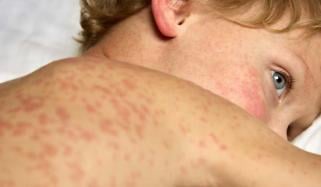
Department of Health and Human Services Secretary Robert F. Kennedy Jr. has been making headlines for his disturbing claims about autism.
In the latest update, RFK Jr. said that the rise in autism diagnosis is due to "environmental toxins."
A big statement, which differs from medical experts that have shared that the increase in diagnosis is due to better screenings and access to resources.
Although, the medical industry has seen a rise in the cases of autism, Dr. Megan Anna Neff, a clinical psychologist in Oregon shared that around 80% of women with autism are un-diagnosed at the age of 18.
The main reasons, why people do not get diagnosed in a timely manner is because most of them have learnt to adjust their behaviours to fit in with society, and the diagnosis parameters are not being set for wider groups and minorities.
Here are number of signs and behaviours that hints at un-diagnosed autism:
1. Feeling different from others
The constant feeling of not belonging with any particular group or feeling "like an alien," has been quite common with people with autism.
2. Difficulty recognising social cues
People with autism, or those who are yet to be diagnosed often find it hard to decipher simple social ques like the amount of time it’s okay to hold eye contact or how to react in certain situations.
3. Sensory differences
Sensitivity to sensory input is one of the major sign of autism, as people with the condition are hyper-aware of all the sound surrounding them.
4. Desire for routine
Consistency, or a particular routine helps autistic people make sense of their life.
If the routine is disrupted, it can lead to a strong emotional response, such as irritability and anxiousness.
5. No small talk
Small talk is something, which people with autism do not deal with well, and often inclined to refuse in this particular social engagement.
They prefer direct communication, and straightforwardness.















